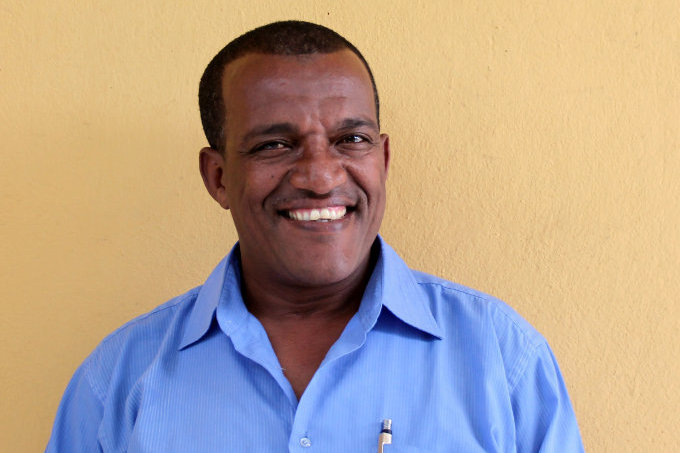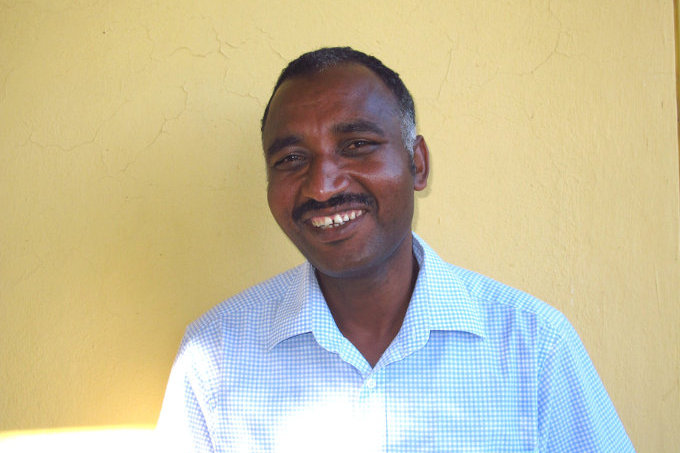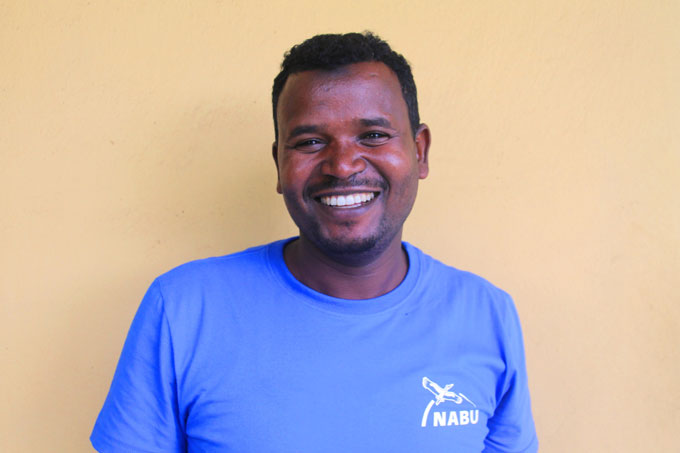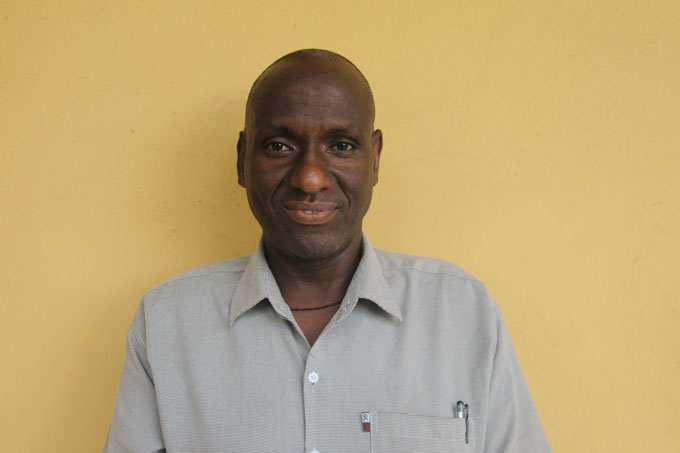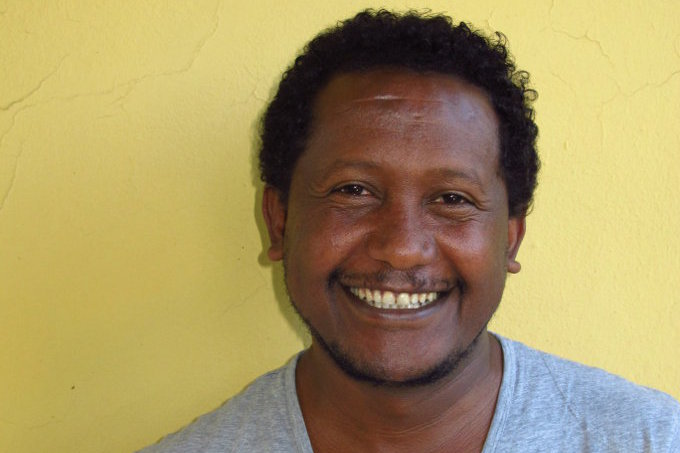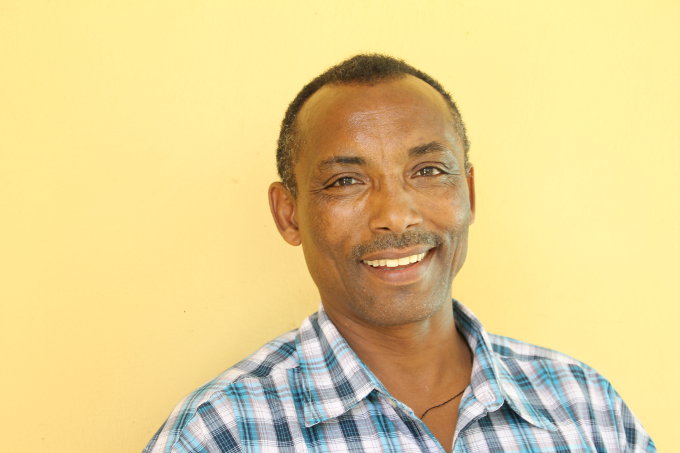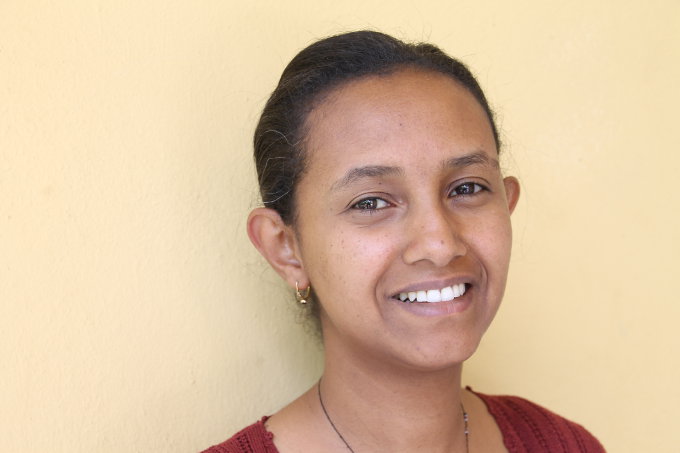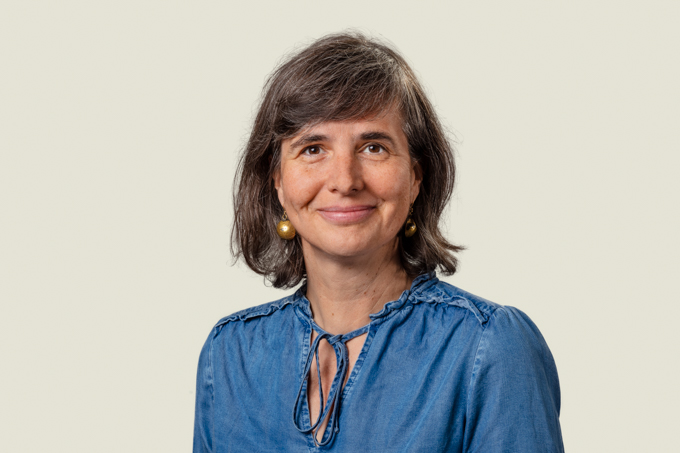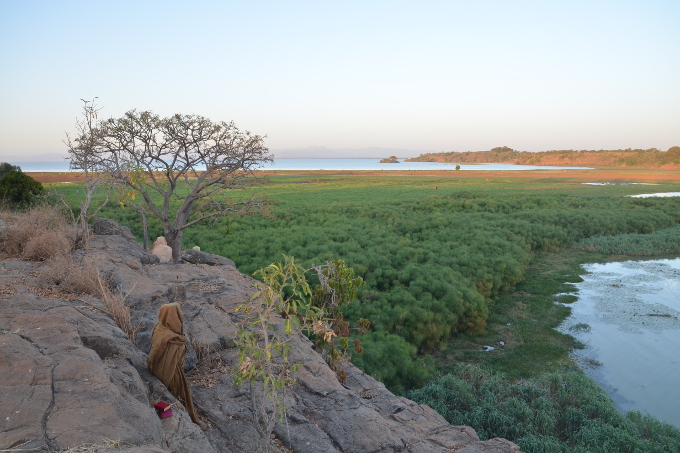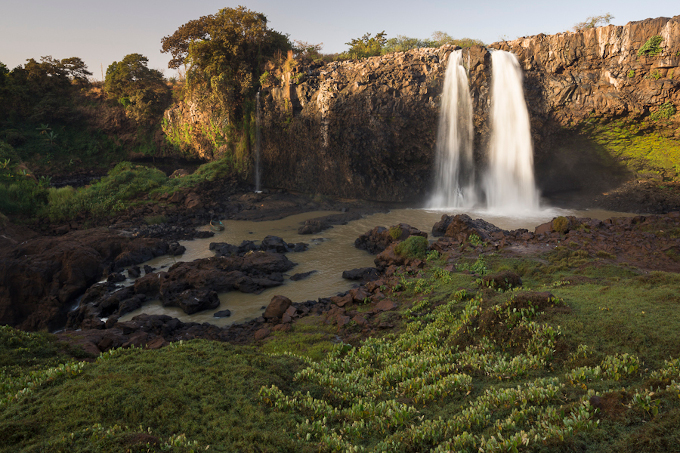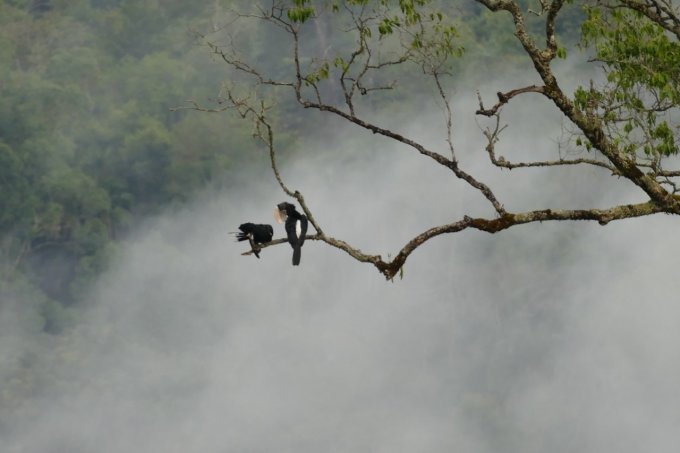Project Team
The staff of the Lake Tana Project
NABU Project Office Bahir Dar
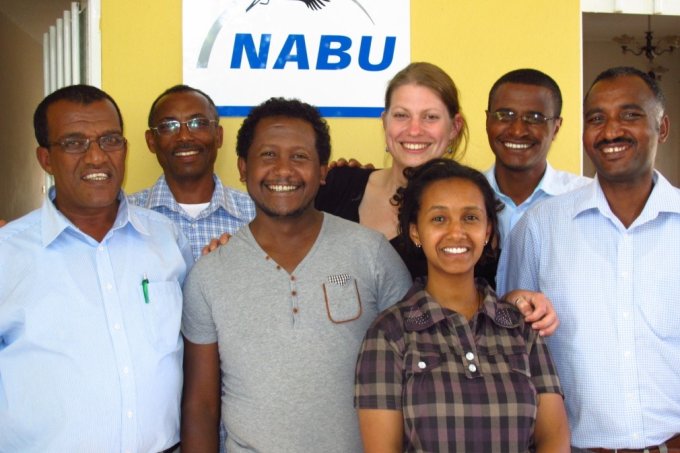
NABU Project Office Bahir Dar
P.O. Box 503
Bahir Dar
Amhara Region
Ethiopia
Phone: +251 (0) 58 226 53 66
Fax: +251 (0) 58-226 55 64
Tadesse Adgo
Local Project Coordinator
Phone: +251 (0) 58 226 53 66
Mobile: +251 (0) 910 00 89 69
Tadesse.Adgo@NABU.de
Tadesse.Adgo.NABU@Gmail.com
Getinet Fetene
Officer for Tourism and Marketing
Phone: +251 (0) 58 226 58 09
Mobile: +251 (0) 918 769 361
Getinet.Fetene@NABU.de
Getinet.Fetene.NABU@Gmail.com
Abdurhman Wariwo
Agriculture and Agroforestry Officer, Bahir Dar
Phone: +251 (0) 58 226 58 09
Mobile: +251 (0) 911 052 453
Aburhman.Wariwo@NABU.de
Abdurhman.Wariwo.NABU@Gmail.com
Wondwosen Bekele
Natural Resource Officer, Bahir Dar
Phone: +251 (0) 58 226 58 09
Mobile: +251 (0) 911 021 523
Wondwosen.Bekele@NABU.de
Wondwosen.Bekele.NABU@gmail.com
Mengistu Bazezew
Office Manager
Phone: +251 (0) 58 226 55 64
Mobile: +251(0) 911 26 18 48
Mengistu.Bazezew@NABU.de
Mengistu.Bazezew.NABU@Gmail.com
Tadesse Mesfin
Driver
+251 (0) 912 611 907
Tadesse.Mesfin@NABU.de
NABU Head Office Ethiopia
Trade Path International P.L.C.
Urael Street, Wereda 17/18
P.O. Box: 62483
Addis Ababa, Ethiopia
Phone: +251 (0) 11 551 99 70
Fax: +251 (0) 11 552 37 60
Selamawit Fikru
Project Finance Officer
Mobile: +251 (0) 0911-41 37 13
Selam.Fikru@NABU.de
Selamawit.Fikru.NABU@Gmail.com
NABU Headquarters
Charitéstraße 3
10117 Berlin, Germany
Tel.: +49 (0) 30 284 984 0
Fax: +49 (0) 30 28 49 84 2000
Manja Graham
Deputy Team Leader of NABU’s Africa Programme
Manja.Graham@NABU.de
Ronja Krebs
Project Coordinator for BMZ Projects
Ronja.Krebs@NABU.de
project overview
NABU working in close cooperation with the Ethiopian government, the Michael Succow Foundation, many other local partners and organisations as well as with local communities, is supporting the protection of the unique environment around Lake Tana and promoting sustainable development in the region. more →
related topics
NABU supports the creation, establishment and effective management of protected areas as part of our international activities. A special emphasis lies on UNESCO biosphere reserves, however, not exclusively. more →
UNESCO biosphere reserves are natural or cultural landscapes serving as model regions for sustainable development. Biosphere reserves are particularly well suited to balancing exploitation by humans and nature conservation efforts on a sustainable basis. more →

